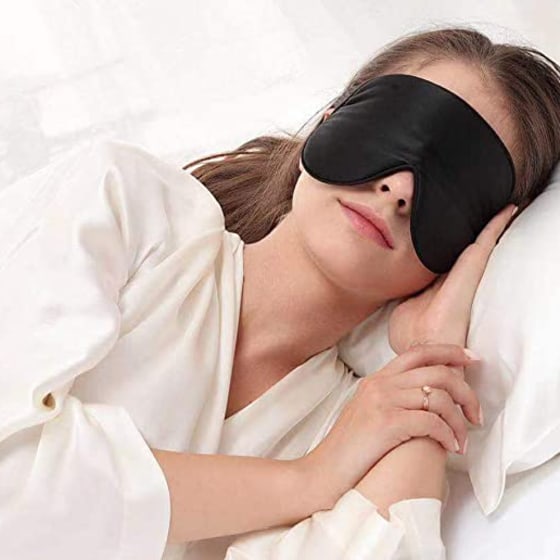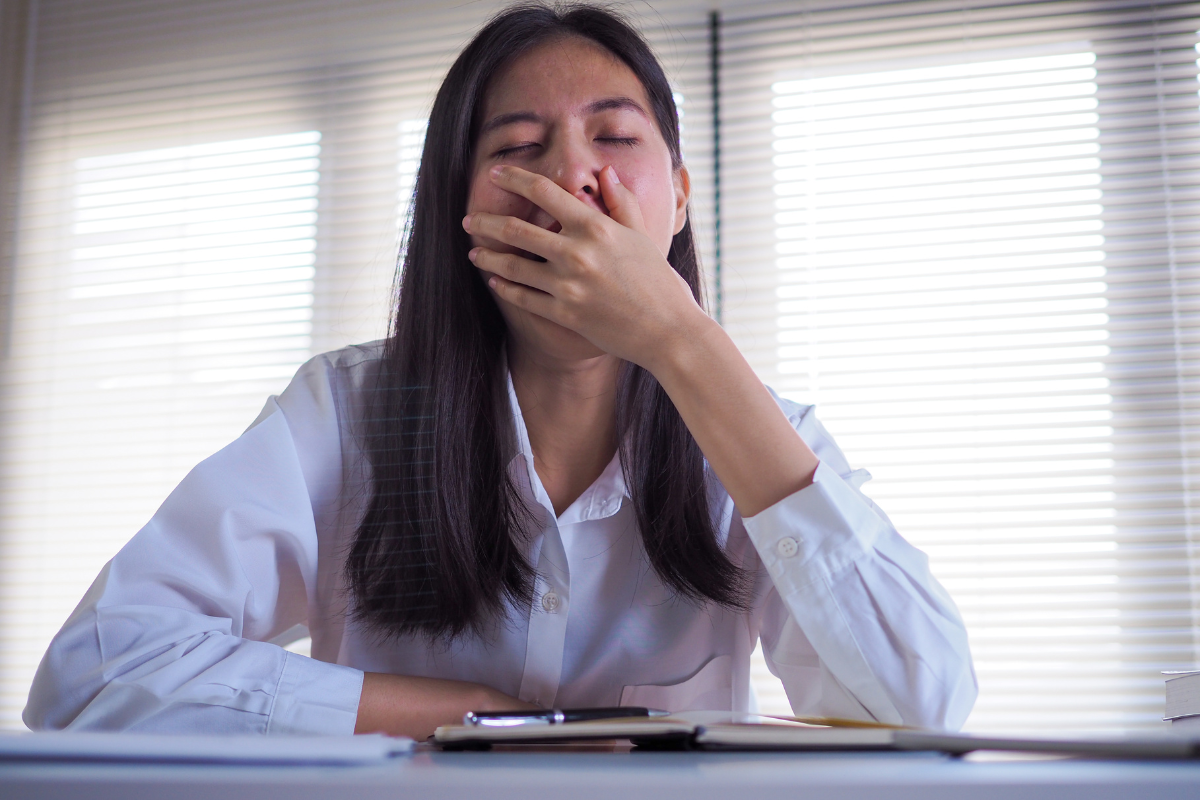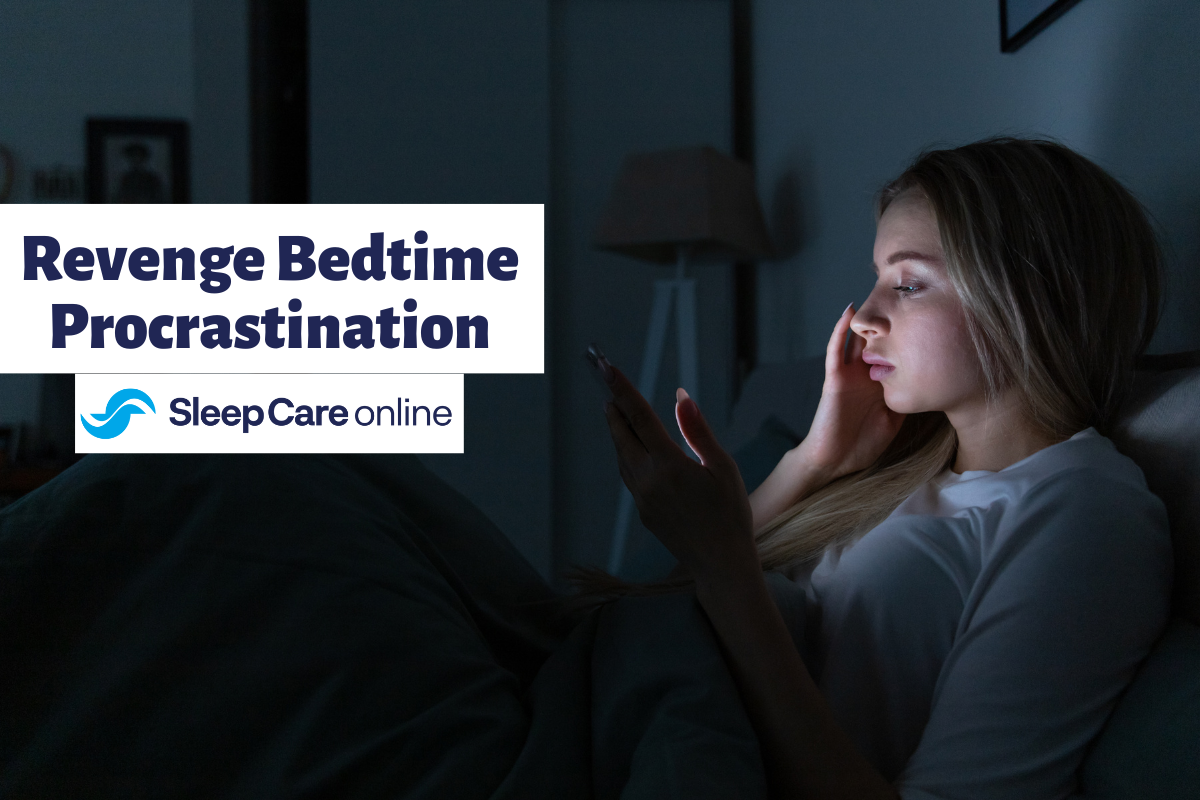The deepest level of the sleep cycle is often considered the most important. It is in this restorative sleep stage or slow-wave sleep that we achieve complete rest and rejuvenation from our nightly bed rest. For many seeking the best sleep at night, the question is raised can you improve this deep level of the sleep cycle? To know for sure, we have to explore all stages of sleep and their importance to a healthy night’s sleep.
What Is Slow-Wave Sleep?
Slow-wave sleep is when your body physically restores itself. Roughly 95% of human growth hormone is produced during this stage of sleep. The wear and tear that the human body and the brain experience during the day is restored and repaired during this critical sleep stage. People with sleep disorders may rarely achieve this level of deep sleep, which can rob them of nightly restoration and lead to a negative impact on physical and mental health.
What Are the Various Stages of The Sleep Cycle?
Sleep has been traditionally divided into 4 categories: awake stage, light sleep, slow-wave sleep, and REM sleep. Each one plays an essential role in maintaining your mental and physical health.
Awake: awake time is the time spent in bed before and after falling asleep. It includes brief awakenings during sleep.
Light sleep: during light sleep your muscles relax and may even jerk as you begin to fall asleep. Respiration slows. Heart rate decreases. Your body temperature drops.
A slow-wave or deep sleep: during this stage, your blood pressure drops, and your body begins self-repair. Blood flows to muscles. Growth hormones are stimulated. Tissue and cell repair take place. The brain flushes waste materials. During this stage, it is difficult to wake up.
REM sleep or rapid eye movement: During this stage your respiration increases, and your heart rate increases. Temperature regulation is switched off and you begin to dream. Our bodies become immobile.
Learn more about the stages of sleep in this blog post.
What Stage Is Slow-Wave Sleep?
Slow-wave sleep also known as deep sleep is the stage just before the REM sleep stage. During this stage, your body begins restoring itself and also prepares you for a level of sleep when you are no longer mobile. This shut-down phase is essential for helping the body repair itself. Improving slow-wave sleep simply means being as relaxed as possible before bedtime to allow your body and mind to comfortably reach this stage of sleep.
When Does Slow-Wave Sleep Occur?
As you go beyond light sleep, the slow-wave stage begins. Many people with a sleeping disorder may not reach this stage. Often during light sleep, they may be awakened by sleep apnea so that they never really go deeper into sleep than the light sleep stage. Without this restorative stage of sleep, the body never completely heals itself from the day and may build up damage over time. Preparing for a good night’s sleep is essential to reach this critical stage.
What Controls Slow-Wave Sleep?
Our brains switch on slow-wave sleep with certain neurotransmitters. This brain activity excludes external information, making it more difficult to wake up during this stage of sleep. The brain prepares you for REM sleep and the internal dialogue of dreaming. Because of the depth of this stage, often night terrors in children and sleepwalking occur during slow-wave sleep. For the body to begin its restoration, it cannot be easily awakened. The importance of slow-wave sleep ensures a disconnect with the waking world so the body can start its nightly repair.
What Happens During Slow-Wave Sleep?
During slow-wave sleep the body experiences certain processes:
- Blood pressure drops
- The body begins nurturing muscle growth and repair
- Blood flow increases to the muscles
- Growth hormones are released in the brain
- Tissue growth and cell repair begins
- The brain flushes waste materials
- Waking up becomes more difficult
Without the slow-wave cycle of sleep, health issues can occur throughout the body as tissue and cell repair fail to happen. In addition, brain function is compromised as it is unable to eliminate waste products. People with sleep disorders experience early dementia, poor memory, poor concentration, and difficulty with attention because their brains are clouded.
Benefits Of Slow-Wave Sleep
While all stages of sleep are necessary for good health, deep sleep offers specific physical and mental benefits. During deep sleep, your body releases growth hormones and works to build and repair muscles, bones, and tissue, and immune system functioning. Additionally, slow-wave sleep may be important for regulating glucose metabolism. Elite athletes value slow-wave sleep as it helps replenish energy stores. Deep sleep is important for cognitive function and memory, and it is thought to play a role in language learning, motor skills, and the developing brain.
How Much Slow-Wave Sleep Do I Need?
Most adults typically spend 15-25% of their time asleep in slow-wave sleep, which translates to about an hour or two per night. While everyone is different, most sleep nearly eight hours a night.
All stages of sleep generally add up to about 7 hours and 49 minutes.
- Awake stage takes about 47 minutes
- Light sleep stage lasts roughly 3 hours and 44 minutes
- Slow-wave sleep lasts about one hour and 27 minutes
- REM sleep lasts about one hour and 50 minutes
Tips For Slow-Wave Sleep Enhancement
Exercise Daily
Regular exercise works out the body, eliminating anxiety and excess energy that can keep us awake. Those who exercise will more likely fall asleep faster. Researchers also found that those who work out 150 minutes a week are twice as likely to get a good night’s sleep. However, make sure to avoid intense workouts right before bed as these can raise your heart rate — leading to interrupted sleep. For best results, complete your daily workout in the mornings or early evenings to reap the most benefits of exercise for slow-wave sleep.
 Eat Fiber-Enriched Foods
Eat Fiber-Enriched Foods
Studies have shown that a diet rich in fiber helps during the slow-wave stage of sleep. You may spend more time in your slow-wave state when you add more fiber to your daily diet. Along with fiber, a diet rich in fruits and vegetables and whole grains helps overall health for better sleep. Be sure not to eat just before bed as it can disrupt sleep, forcing your body to focus on digestion rather than resting.
Do Yoga
Those who practice yoga regularly enjoy better sleep, especially during the slow-wave stage. Unlike rigorous exercise, yoga can be practiced just before bedtime as it is more meditative and can calm you down for a restful night of sleep. Cyclic mediation specifically, which combines yoga poses with rest periods lying on the back has been most helpful for slow-wave sleep. If yoga isn’t for you, a period of meditation alone can also help calm the mind and improve slow-wave sleep.
Avoid Caffeine Intake 7 Hours Before Bed
When we think of caffeine we think of coffee. But caffeine is a chemical that is present in a lot of the beverages we enjoy throughout the day. You can find high amounts of caffeine in soft drinks, tea, and energy drinks. Caffeine too close to bedtime can keep you awake. As a stimulant, it prevents the body from achieving the slow-wave sleep stage. Avoiding all types of caffeinated beverages at least seven hours before bedtime helps you prepare for the slow-wave state of sleep more effectively.
Have A Good Bedtime Routine
The body loves routine. If you can make sure you have a consistent bedtime schedule. Try to go to bed about the same time every night. Anything you do before bed like reading a book or meditation should be a part of your bedtime ritual. These practices let your body know that you are nearing bedtime. Erratic sleep schedules prevent your body and mind from fully adjusting to sleep.
Wear An Eye Mask Before Sleeping 
External light sources can keep you up without you realizing it. Street light through windows or nightlights in hallways gives off ambient light that can be distracting to the body and mind as it prepares for sleep. Try to eliminate as much external light as possible. You can also wear an eye mask which allows you to sleep with ambient light sources and not notice them. The darker you can keep your sleep the better your slow-wave stage of sleep will be.
Listen To Binaural Beats for Sleep Enhancement
Binaural beat therapy is an emerging form of sound wave therapy. It makes use of the fact that the right and left ear each receive a slightly different frequency tone, yet the brain perceives these as a single tone.
Advocates of this type of therapy currently recommend it for the treatment of anxiety, stress, and related disorders. This self-help treatment is usually available in the form of audio recordings that a person listens to on stereo headphones.
Exercises For Slow-Wave Sleep Enhancements
Aerobic exercise eliminates extra energy stores and helps tire you for a restful sleep. Be sure to conduct any aerobic exercise early in the morning or at least several hours before bedtime to prevent the physical activity from over-stimulating before sleep.
A brisk walk in the afternoon can have the same helpful effects as an hour at the gym. About half an hour of walking produces benefits for overall health as well as slow-wave sleep.
Swimming gets the whole body working hard and wears down those anxiety and stress-related energy stores that can keep you up. This type of exercise is also low-impact for those who have a hard time walking or jogging.
Yoga has many benefits for promoting healthy slow-wave sleep. Cyclical mediation combines yoga positions with periods of rest and is most beneficial for slow-wave sleep. Yoga is one of the few exercises that can occur just before bed as it is not aerobic.
A bike ride in the morning or afternoon also provides the same results as aerobic exercise at the gym. Biking like swimming is low-impact and is an option for those who want the sweat of a workout while enjoying the outdoors.
Results After Enhancement of Your Slow-Wave Sleep
When you enhance your slow-wave sleep with a regular exercise routine, consistent bedtime, and even meditation, you begin to see results immediately. You will feel more refreshed in the mornings. If you have been groggy and half-asleep-then you may not be getting the full slow-wave sleep you need. Enhancements should lead to a feeling of being fully rested.
Your mind will be alert. If you experienced poor memory or concentration, you may find that your thinking is quicker and more effective after your enhancements. Waste materials flushed from the brain during slow-wave sleep give you a refreshed and rejuvenated mental outlook.
You may experience the benefits of better health. If you had aches and pains or other ailments that never seemed to go away, you may find them starting to subside. Sleep deprivation may have been preventing your body from fully recovering each night. Now with effective slow-wave sleep, you may actually feel healthier.
Final Thoughts
A good night’s sleep is just as important as diet and exercise for our overall health. Taking the time to ensure that we are getting enough sleep and quality sleep can help keep us healthier, and longer. If you feel as if you are being sleep-deprived for any reason, take the necessary steps to ensure you get the sleep you need. Get started with Sleep Care Online, a simple and convenient way to get tested for sleep disorders like sleep apnea from the comfort of your own.
Take our free online assessment to get started toward a proper diagnosis of your sleep disorder. It’s the first step toward getting the proper sleep you need.

 Eat Fiber-Enriched Foods
Eat Fiber-Enriched Foods



